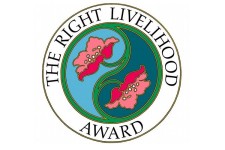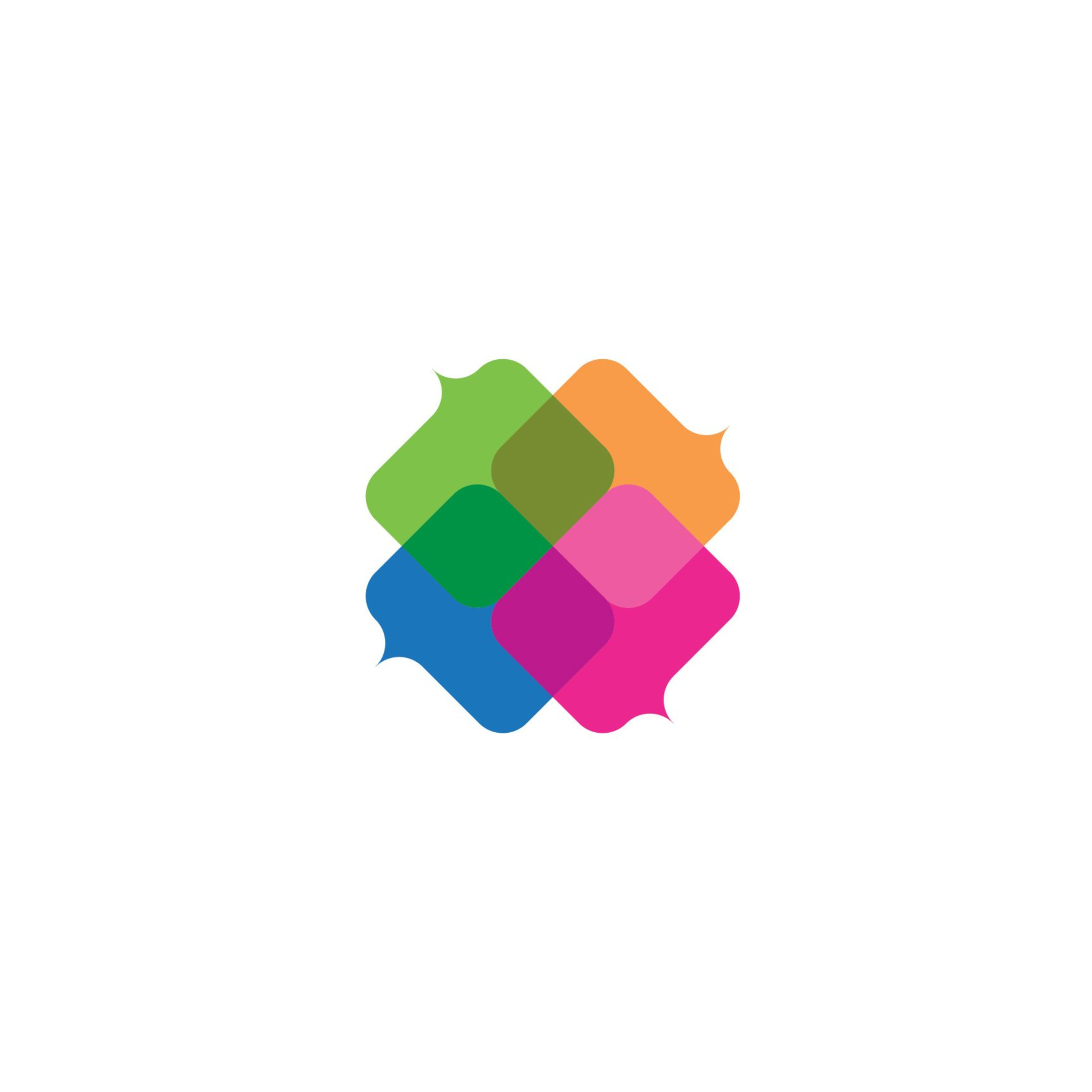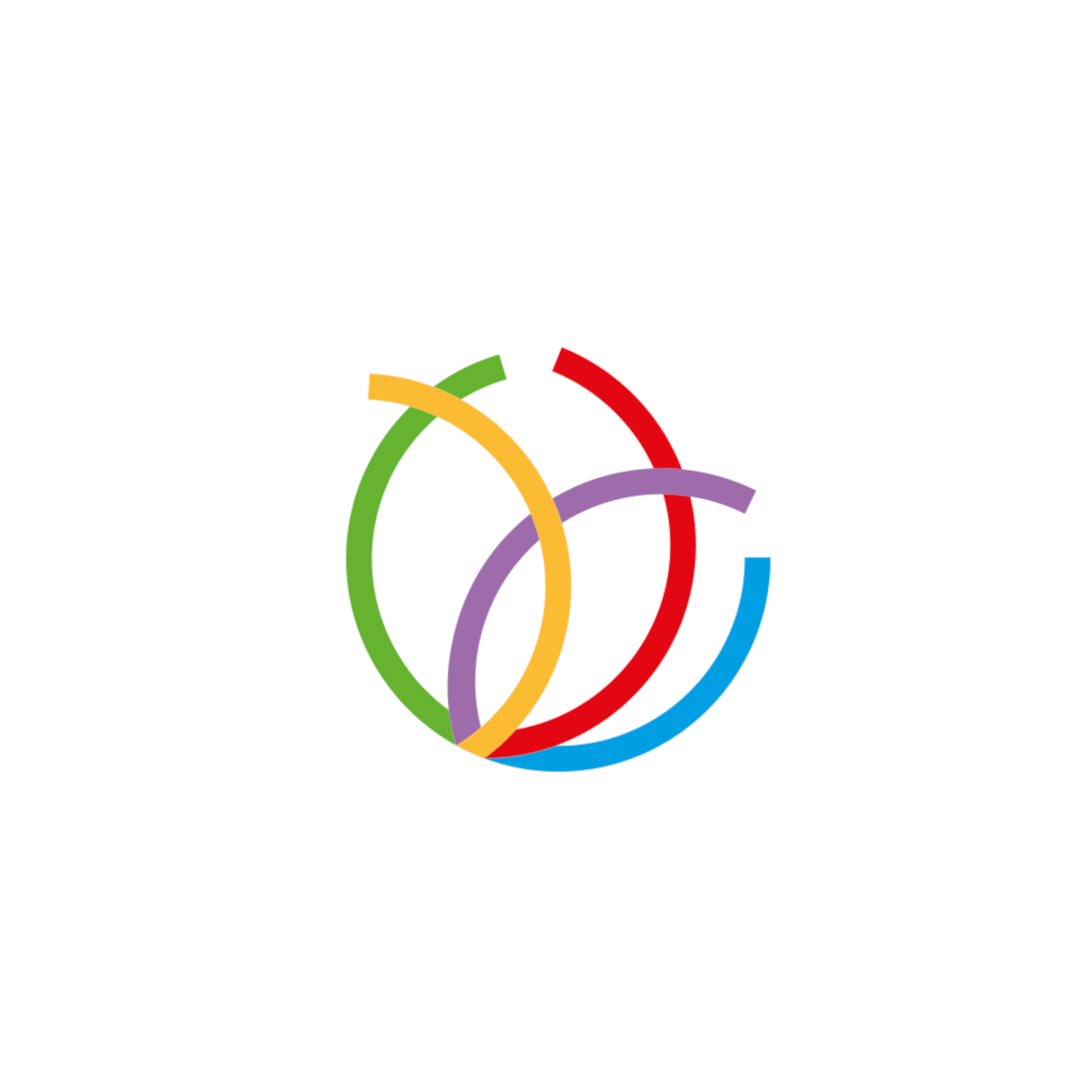The Right Livelihood Award

The Right Livelihood Award, widely known as the "alternative Nobel Prize," in part because of the size of its award, recognizes individuals or organizations that are working and seeking practical and exemplary solutions to the most pressing challenges of our world today. A jury decides on the awards among themes such as environmental protection, human rights, sustainable development, health, education, peace, etc.
Created in 1980 by Jakob von Uexkull, the prize is presented every year, usually on December 9. The financial award (equivalent to €250,000) is shared among the winners, usually four.
The founders of the "Alternative Nobel Prize" want to highlight the fact that "the greatest benefit to humanity" can be found in fields different from traditional sciences or strict categorizations: the "Alternative Nobel Prize" is intended as a critical complement to the Nobel Prize. Consequently, the foundation of the "Alternative Nobel Prize" has chosen December 9 as the day of the award ceremony in the Swedish parliament, the day before the Nobel Prize ceremony.
The prize is regularly awarded to actors working in the field of health.
The foundation has a branch office in Geneva
- Foundation
- Other health field concerned
- Community mobilization
- Mainly international

